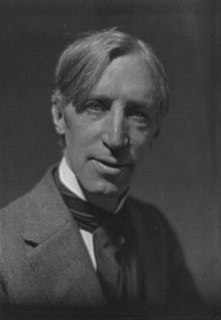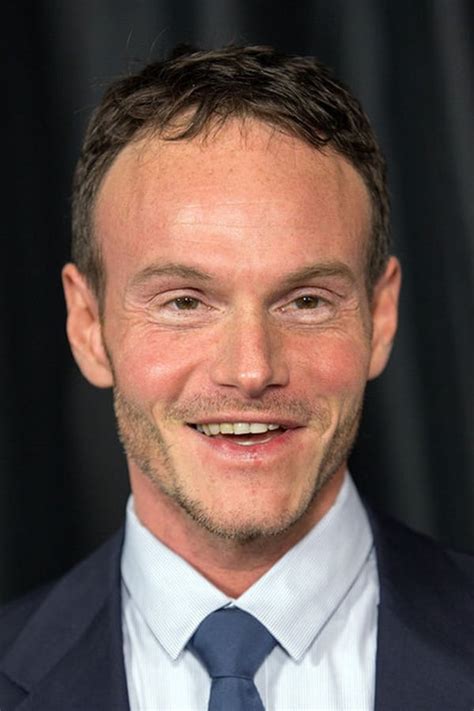A Quote by M. King Hubbert
Historical chronology, human or geological, depends... upon comparable impersonal principles. If one scribes with a stylus on a plate of wet clay two marks, the second crossing the first, another person on examining these marks can tell unambiguously which was made first and which second, because the latter event irreversibly disturbs its predecessor. In virtue of the fact that most of the rocks of the earth contain imprints of a succession of such irreversible events, an unambiguous working out of the chronological sequence of these events becomes possible.
Quote Topics
Another
Because
Becomes
Chronological
Chronology
Clay
Comparable
Contain
Crossing
Depends
Earth
Event
Events
Examining
Fact
First
Geological
Historical
Human
Impersonal
Irreversible
Latter
Made
Marks
Most
Out
Person
Plate
Possible
Predecessor
Principles
Rocks
Scribes
Second
Sequence
Succession
Tell
Two
Virtue
Wet
Which
Working
Related Quotes
Of course, with agriculture came the first big civilizations, the first cities built of mud and brick, the first empires. And it was the administers of these empires who began hiring people to keep track of the wheat and sheep and wine that was owed and the taxes that was owed on them by making marks; marks on clay in that time.
A person's life consists of a collection of events, the last of which could also change the meaning of the whole, not because it counts more than the previous ones but because once they are included in a life, events are arranged in an order that is not chronological but, rather, corresponds to an inner architecture.
There are two kinds of second class men in business. There is the man who puts money first and service second. There is the man who puts service first and money second, who never has any money. The first class man in business is the man who is made up out of rolling the other two kinds into one man and working them together.
This is not remarkable, for, as we know, reality is not a function of the event as event, but of the relationship of that event to past, and future, events. We seem here to have a paradox: that the reality of an event, which is not real in itself, arises from the other events which, likewise, in themselves are not real. But this only affirms what we must affirm: that direction is all. And only as we realize this do we live, for our own identity is dependent upon this principal.
Is it not that in the chain of human events, the birthday of a nation is indissolubly linked with the birthday of the Savior? That it forms a leading event in the progress of the Gospel dispensation? Is it not that the Declaration of Independence first organized the social compact on the foundation of the Redeemer’s mission upon earth? That it laid the cornerstone of human government upon the first precepts of Christianity?

































